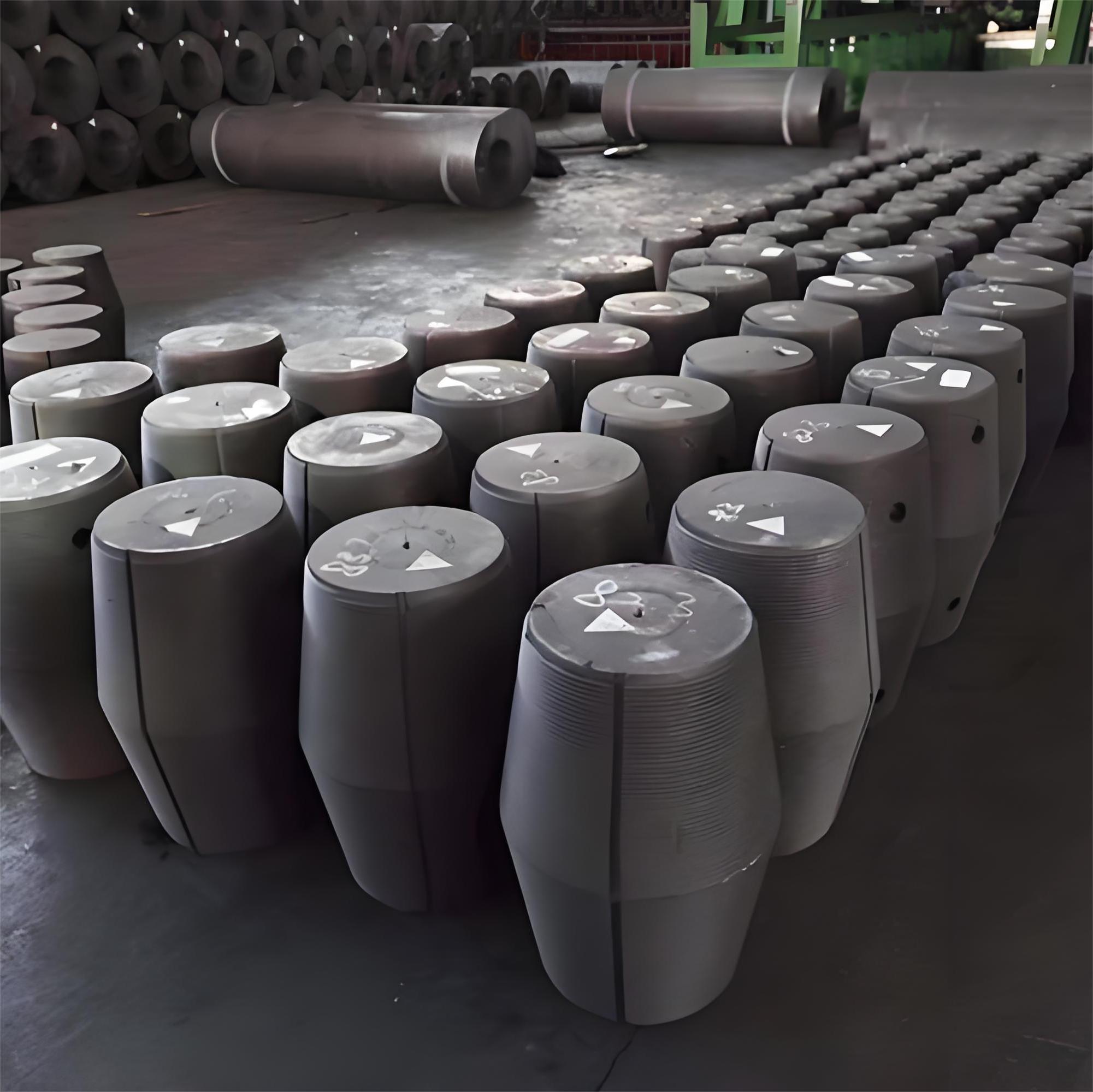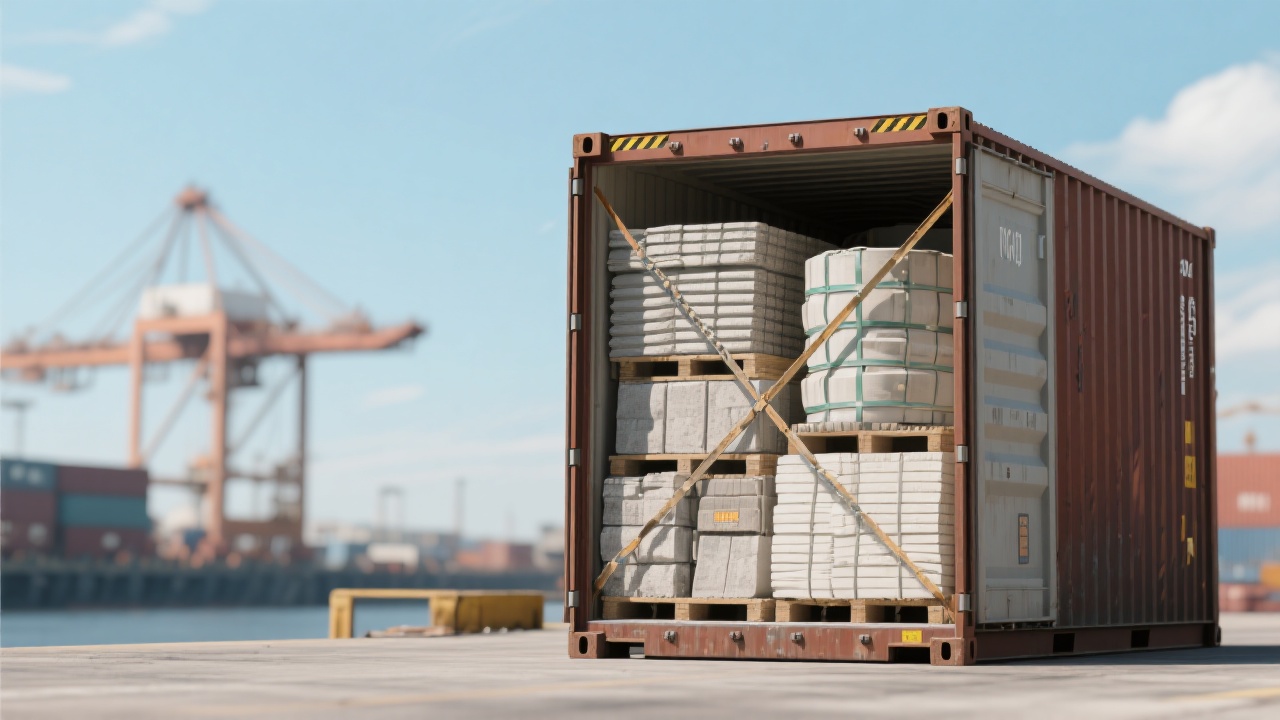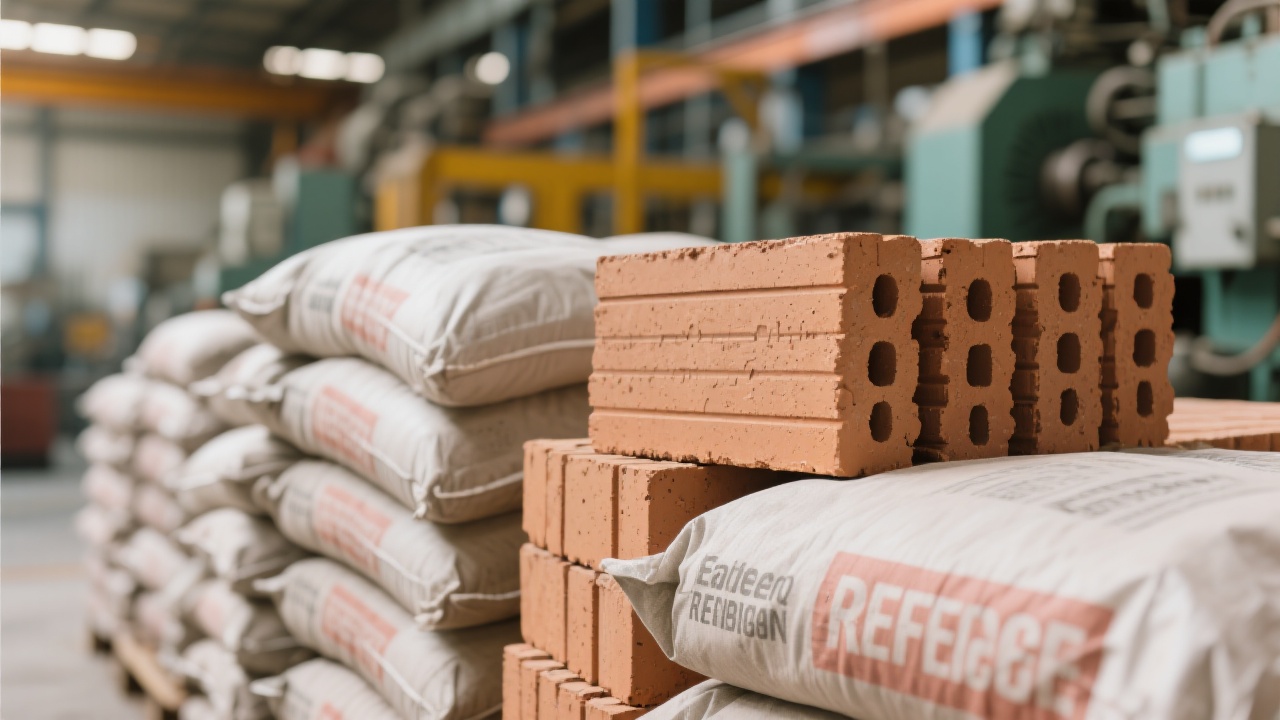
In the refractory materials industry, where precision and reliability under extreme heat are non-negotiable, Zhengzhou Rongsheng Refractories has taken a bold leap—from manual craftsmanship to full-scale intelligent automation. With an annual production capacity of 1.3 million tons, their high-performance refractory mortar isn’t just meeting global standards—it’s setting them.
Traditional methods often led to inconsistencies in density, particle distribution, and thermal shock resistance—especially critical for applications like blast furnace linings or boiler walls in power plants. At Rongsheng, automated batching, mixing, molding, and curing systems ensure every batch meets exact specifications. This means:

Take this example from a German steel mill that switched to Rongsheng’s smart-produced mortar:
“After installing our new lining using Rongsheng’s automated product, we saw a 40% decrease in refractory wear over six months—and zero unplanned shutdowns due to liner failure.”
—— Production Manager, ThyssenKrupp Steel Europe
This is not isolated. In oil refineries in Saudi Arabia and cement kilns in India, users report similar results: improved service life, reduced downtime, and better energy efficiency—all thanks to consistent quality enabled by automation.
| Feature | Traditional Process | Rongsheng Smart Line |
|---|---|---|
| Thermal Shock Resistance (ΔT) | ≤ 600°C | ≥ 1200°C |
| Batch Variability | ±15% | ±2% |
| Certifications | Limited local approvals | ISO 9001 / ISO 14001 / CE / ASTM E2459 |

Rongsheng serves clients in over 30 countries, including major players in power generation, metallurgy, and petrochemicals. Their commitment to sustainability—backed by ISO 14001—is reflected in lower emissions, recyclable formulations, and reduced water usage per tonne of output.
“What sets Rongsheng apart,” says a procurement lead from a Brazilian cement plant, “is not just the tech—it’s how they tailor solutions. They don’t sell one-size-fits-all; they ask questions first.”

The future of refractory materials lies in smart manufacturing + customized engineering. As industries push toward higher efficiency and greener operations, companies that invest in automation aren’t just staying competitive—they’re leading the way.
If you're looking for a long-term, stable solution for your high-temperature environments—whether it's a steel ladle, boiler chamber, or chemical reactor—you’re already ahead by asking the right questions.











